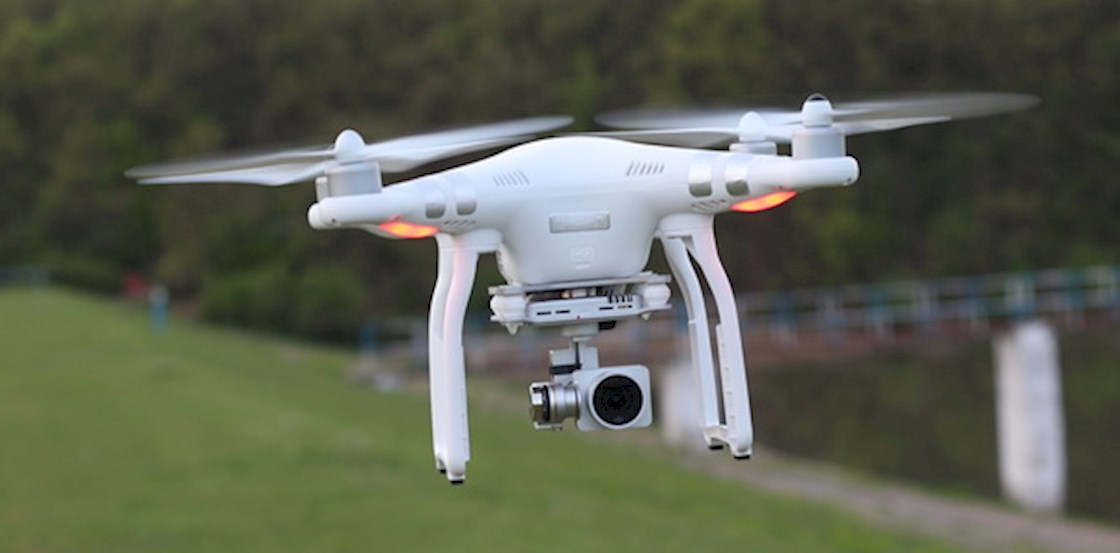
Govt To Legalise Drone Flying From December 1, But Not For Delivery Purpose
New Delhi: The Government has decided to approve the commercial use of drones (unmanned aircraft) in sectors like agriculture, disaster relief and health under the control new regulations that will come into force from December 1 this year, but sectors like delivery of payload which include food items will not be allowed as of now.

All kind of drone operations for civilian purposes are completely restricted for use to daytime and the range for the flight will be restricted to visual line of sight which would normally be at 450 meters, the government regulation says.
Leaving aside nano drones and others ones owned by National Technical Research Organisation and central intelligence agencies, the rest all kinds will need registration and the issuance of Unique Identification Number (UIN).

The regulation says that it is prohibited to fly drones around airports, near coastline, near the international border and such complexes that are dedicated for state secretariat purposes. Alongside that, drones cannot be operated near strategic locations, vital and military installations and Vijay Chowk in the capital or be used for photography during a wedding.
While unveiling the regulations, Civil Aviation Minister Suresh Prabhu said, “Our progressive regulations will encourage a vast Made in India drone industry.”
According to him, the relief efforts in Kerala would have become much more effective and easier if such a regulation was put in place earlier. In the coming years, the minister said, that the drone market is expected to cross USD 1 trillion.
“We are likely to go from travelling in auto rickshaws to air rickshaws. There is a wide range of application of drones, from disaster relief, surveillance, security monitoring, precision agriculture, precision logistics,” said Minister of State for Civil Aviation Jayant Sinha.
The process of drone registration will be done through digital mode know as the ‘digital sky platform’, and this platform will be connected with the local police to enable them to implement “no permission, no take off”.
But the nano-drone is exempted from obtaining permission also from the local police. The nano drone defined by the regulation is that which weighs less than 250 gram and flies up to the height of 50 feet. But microdrones are not exempted from this which have a range of 200 feet of height of flight and that includes small drones that have a flight height range of 450 feet and these two kinds of drones will have to obtain permission.
“Users will be required to do a one-time registration of their drones, pilots, and owners. For every flight (exempted for the nano category), users will be required to ask for permission to fly on a mobile app and an automated process permits or denies the request instantly.
“To prevent unauthorized flights and to ensure public safety, any drone without a digital permit to fly will simply not be able to take off,” said a government statement.
When inquired about the delivery of food items, Mr. Sinha informed that another set of regulations may permit their delivery solely based on the outcome of tests.
While the permission has been granted for the drones to be used in agricultural fields, but spraying pesticides with the help of drones is not permitted until specifically cleared. Besides that, there is no permission for carrying explosives, animals, and human payload.
If any of those regulations are violated or false documents are submitted, then the authorities have full power to suspend and cancel the license in accordance with regulations.
The central government has identified at least 23 sites in the whole country where the technology related to drones can be used extensively to evaluate its further usage.
You May Also Read: Rahul Gandhi Promises To Form Ministry Of Fishermen During Kerala Visit